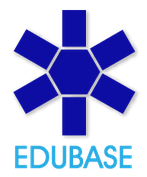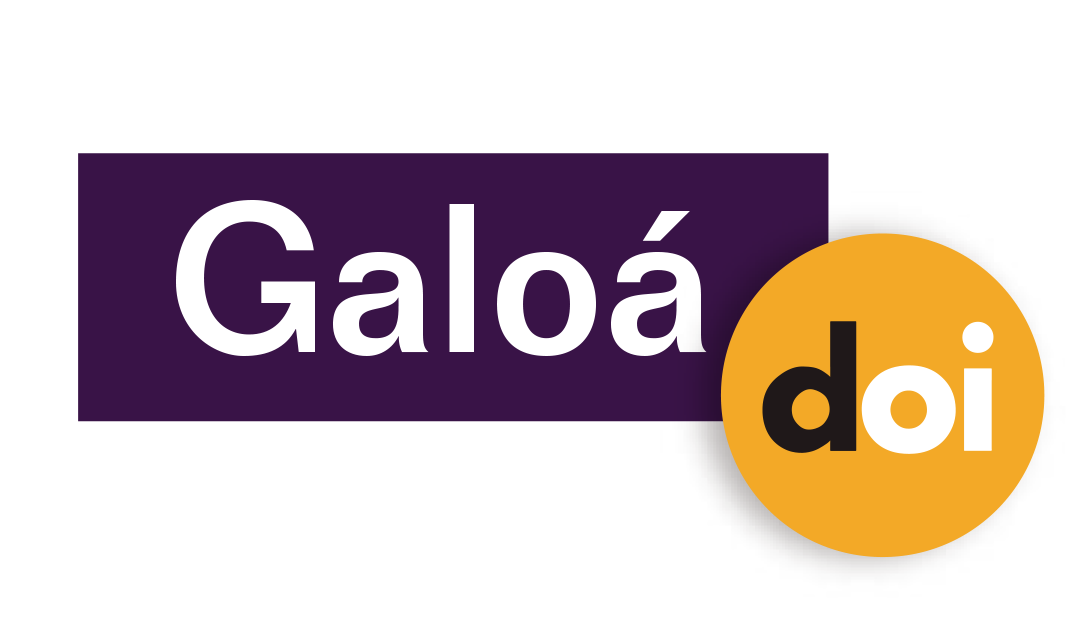Two Fish Moving in their Seas: How does the Body Language of Teachers Show itself who Teach Mathematical Equations?
Resumo
Background: “Culture hides much more than it reveals and, strangely enough, what it hides, it hides more effectively from its own participants” (Hall, 1959, p. 39). This quote corresponds well to a Persian proverb, also a well-known aphorism that has been widely cited in many ethnographic articles: “a fish will be the last to discover water.” Being immersed in water, surrounded by it, makes it invisible and almost impossible to perceive. In other words, we often do not know our interactional behaviour as mathematics teachers when we perform it in our usual and localised professional practice. Objective: To discuss mathematics teacher’s body language when teaching equations and thus perceive this language in terms of possible fruitful educational action when teaching equations in the classroom. Design: Qualitative methodology. Data collection and analysis: Based on theoretical references that deal with body language, corporeality, and perception, we analysed individually and comparatively the classes of two mathematics teachers who taught equations in Birmingham (United Kingdom) and Rolante (Brazil). Thus, particularly attentive to mathematical culture in the classroom and analysing the localised gestures in the teachers’ teaching of equations and the non-verbal behaviour, we can understand mathematics teaching through body movement, which often goes unnoticed. Results: We understand from the results of this research that perceiving the body language of mathematics teachers, which is produced with speech, gives us indications of the materialisation of the meanings attributed to the equation and how this will possibly affect the very constitution of the student’s mathematical knowledge, in terms of possible meanings attributed to each gesture. Conclusions: We consider that knowing the body language can favour the teacher’s teaching, i.e., metaphorically, knowing the sea can favour the fish to swim.
Palavras-chave
Mathematics education. Teacher education. Embodied cognition. First degree equations
DOI: https://doi.org/10.17648/acta.scientiae.6391
Apontamentos
- Não há apontamentos.
Direitos autorais 2021 Mauricio Rosa, Danyal Farsani

Esta obra está licenciada sob uma licença Creative Commons Atribuição 4.0 Internacional.
ANÚNCIOS
Informamos que, a partir de outubro de 2024, a revista Acta Scientia volta a aceitar submissões de artigos para publicação.
Mais, informamos que sites fraudulentos, https://periodicos-ulbrabr.org e https://periodicos-ulbrabra.org, estiveram se passando pela Acta Scientiae, utilizando nosso nome e identidade visual e até solicitado taxas de APC, que nós não cobramos. Aconselhamos cautela para evitar serem enganados por sites semelhantes.
Conceito A2 na Capes(2021)
Índice h5 do Google Scholar: 13
Índice mediana h5 do Google Scholar:24
eISSN: 2178-7727
Indexações:
A Acta Scientiae é indexada em: | Scopus |  | Latindex |  | Edubase (SBU/UNICAMP) |
 | Sumarios.org |  | Google Scholar |  | Portal LivRe (CNEM) |
 | Journals for Free |  | REDIB |  | Galoá DOI |

Todos os trabalhos publicados aqui estão sob uma licença Creative Commons - Atribuição 4.0 Internacional.
